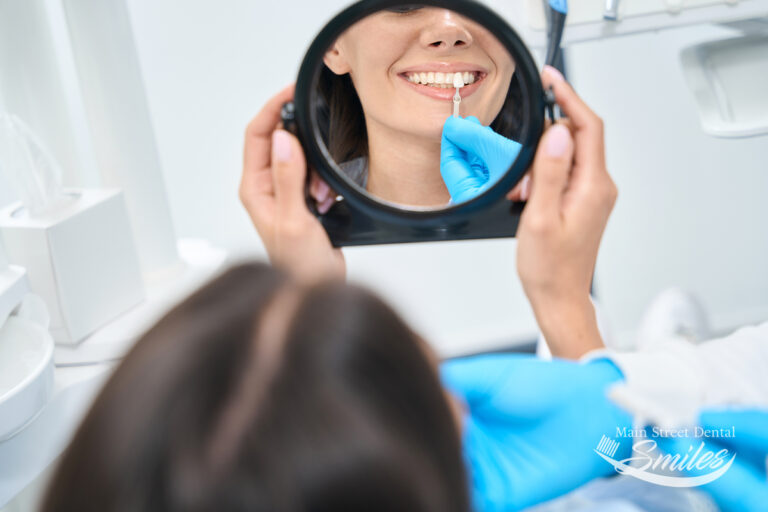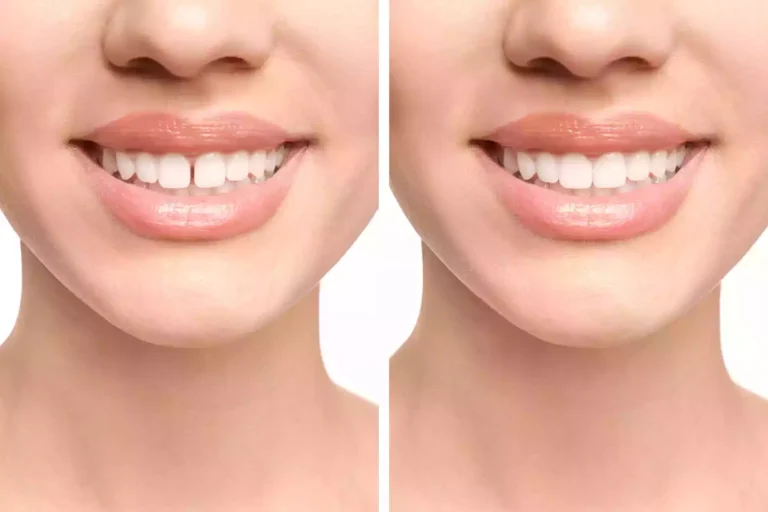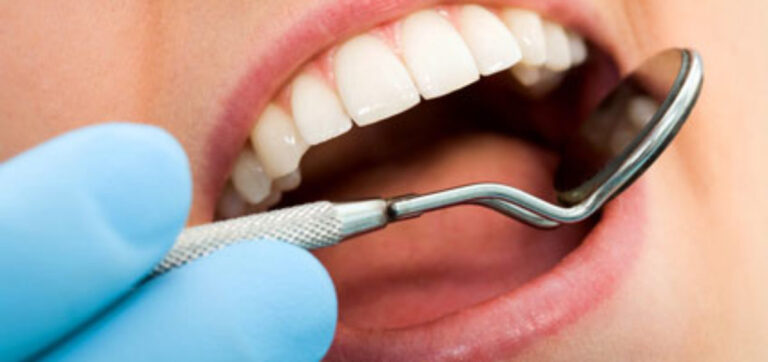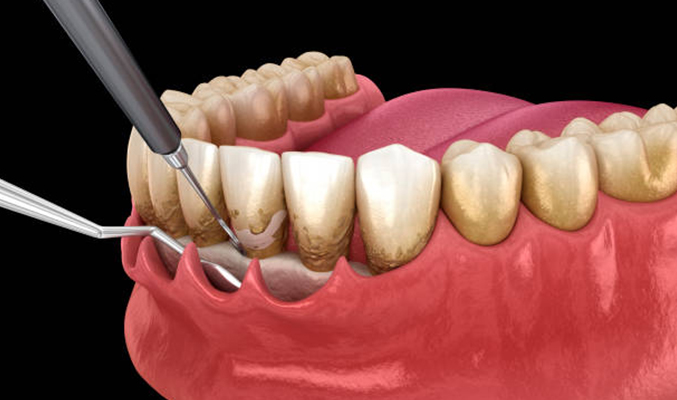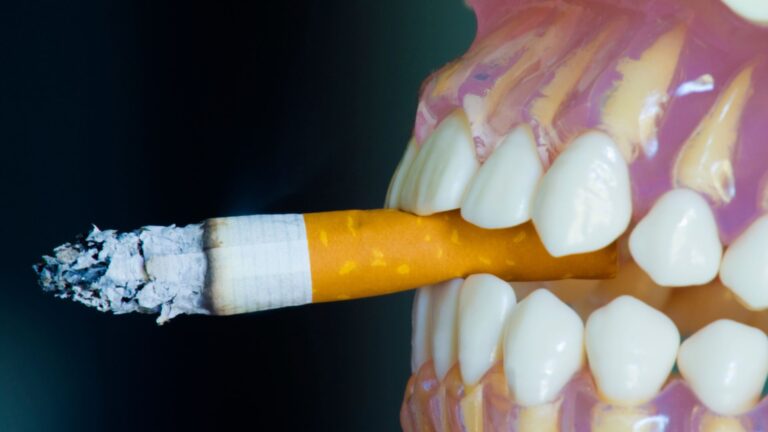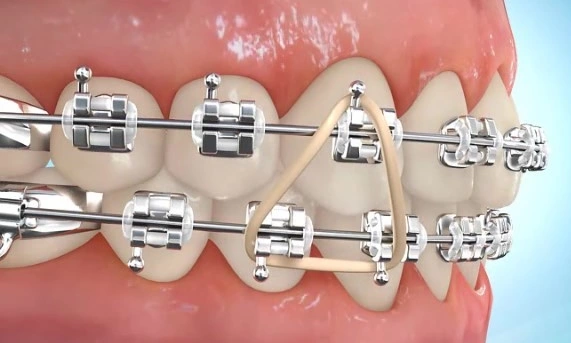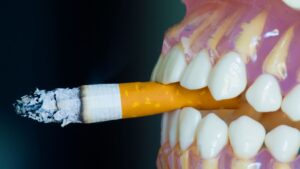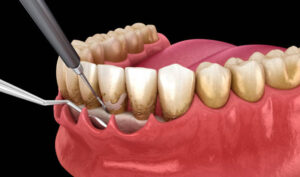As teenagers navigate the challenges of adolescence, maintaining good oral health is crucial for their overall well-being. Dental cleaning is a vital component of teen oral care, helping prevent cavities, gum disease, and bad breath. During this stage, teeth are more susceptible to decay and gum issues due to hormonal changes, busy schedules, and often inadequate oral hygiene habits. Regular dental cleanings at the dental practice in Buffalo Grove provide an opportunity for teens to receive professional guidance, eliminate plaque and tartar buildup, and develop healthy habits that last a lifetime. By prioritizing dental cleanings and embracing good oral hygiene practices, teens can ensure a healthy, confident smile that enhances their self-esteem and overall quality of life.
Why do dental cleanings matter for teens?
Here are the reasons why dental cleanings matter for teens:
Preventive Benefits
- Prevents Cavities and Tooth Decay
- Reduces Risk of Gum Disease (Gingivitis and Periodontitis)
- Eliminates Bad Breath (Halitosis)
- Removes Plaque and Tartar Buildup
Oral Health Benefits
- Maintains Healthy Gums and Teeth
- Prevents Tooth Loss
- Reduces Risk of Oral Infections
- Enhances Smile Aesthetics
Confidence and Self-Esteem Benefits
- Boosts Self-Confidence
- Improves Smile Appearance
- Enhances Overall Self-Esteem
- Reduces Anxiety and Embarrassment
Long-Term Benefits
- Sets Good Oral Hygiene Habits
- Prevents Future Dental Problems
- Reduces Risk of Systemic Diseases (e.g., Diabetes, Heart Disease)
- Saves Time and Money on Future Dental Work
How often should teens get dental cleanings?
Teens should undergo regular dental cleanings every six months to maintain optimal oral health. The American Dental Association (ADA) and the American Academy of Pediatric Dentistry (AAPD) recommend bi-annual cleanings to prevent cavities, gum disease, and other oral health issues. However, teens with high-risk factors such as smoking, orthodontic appliances, or poor oral hygiene habits may require more frequent cleanings (every 3-4 months). Additionally, teens with a history of oral health issues, such as cavities or gum disease, may need more frequent cleanings to monitor and manage their condition. Regular dental cleanings enable dentists to:
What to expect during a dental cleaning session?
Here’s a step-by-step guide on what to expect during a dental cleaning session:
Before the Cleaning
- Arrival and Check-in: Arrive 10-15 minutes before your appointment.
- Medical History Update: Inform your dentist of any changes to your medical history.
- Review of Treatment Plan: Discuss any concerns or treatment needs.
During the Cleaning
- Preparation: Remove loose clothing, jewelry, and glasses.
- X-Rays (if necessary): Taken to diagnose any underlying issues.
- Scaling (Removal of Plaque and Tartar):
- Ultrasonic scaler or manual instruments used.
- May feel gentle vibrations or scraping sensations.
- Prophylaxis (Polishing):
- Removes stains and smooths tooth surfaces.
- May use a rotating brush or polishing paste.
- Debridement (Removal of Debris):
- Removes bacteria and food particles from between teeth.
- Rinsing: Mouth rinsed with water or antibacterial solution.
- Fluoride Treatment (optional):
- Applies fluoride gel or varnish to strengthen teeth.
After the Cleaning
- Oral Hygiene Instructions: Receive personalized oral care guidance.
- Examination: The dentist examines teeth and gums for potential issues.
- Treatment Plan Discussion: Review any necessary treatments or follow-ups.
- Scheduling: Schedule the next appointment (usually 6 months).
Tips for maintaining good oral health between cleanings
As teens, you must follow certain tips between cleanings to ensure optimal oral health. These include:
- Brushing twice daily
- Flossing daily
- Limiting sugary snacks
- Avoiding tobacco products
- Using mouthwash
Takeaway
In conclusion, regular dental cleanings are a crucial aspect of maintaining optimal oral health for teenagers. By scheduling bi-annual cleanings, teens can prevent cavities, gum disease, and bad breath, while also boosting their confidence and self-esteem. Through these cleanings, dentists can identify potential oral health issues early on, provide personalized guidance on oral hygiene, and help teens develop healthy habits that last a lifetime. By prioritizing dental cleanings and embracing good oral hygiene practices, teens can ensure a healthy, beautiful smile that enhances their overall well-being. Parents and guardians play a vital role in encouraging teens to take ownership of their oral health, and by working together, we can empower the next generation to maintain a lifetime of healthy, happy smiles.






